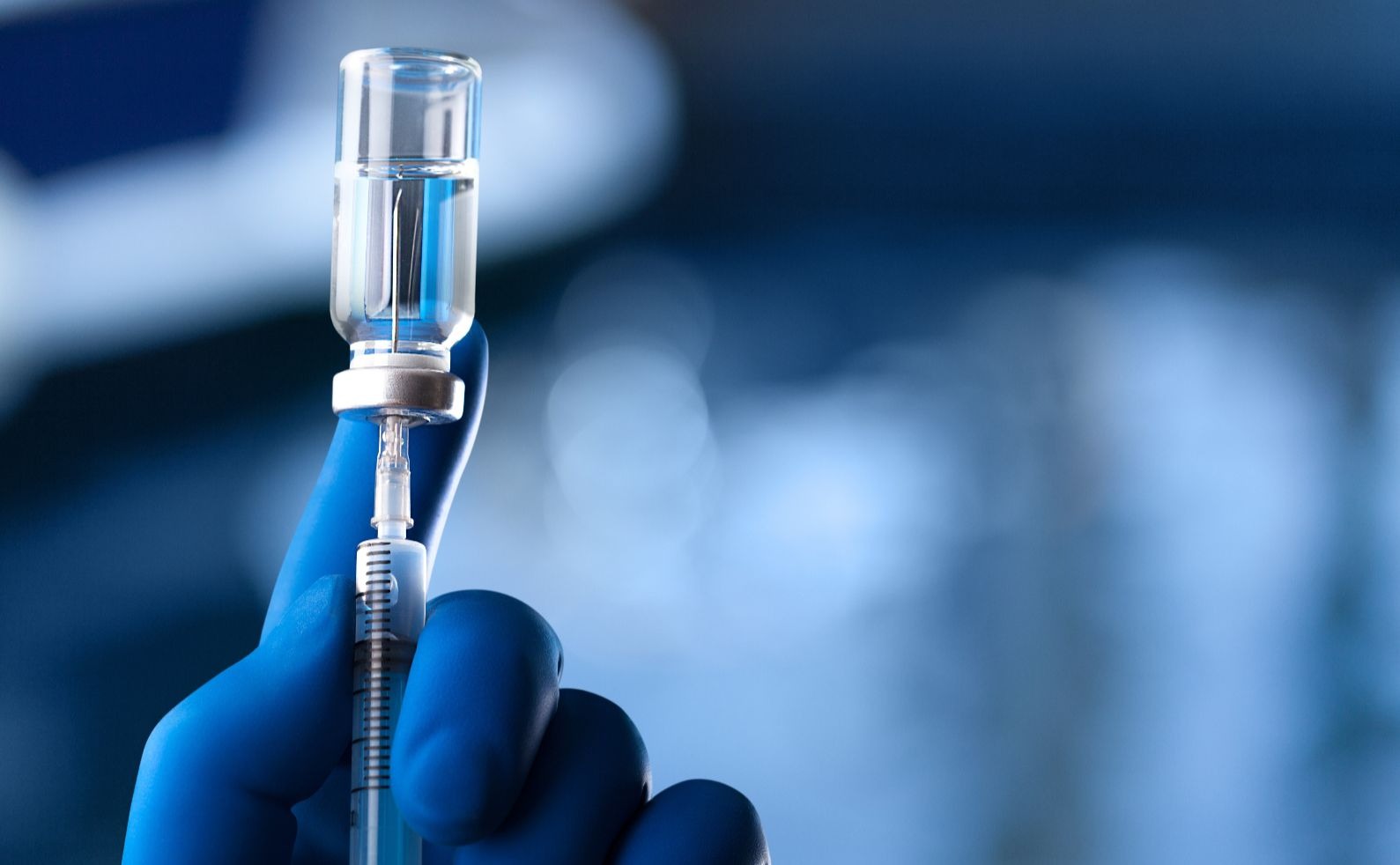The Miller School of Medicine at University of Miami is studying what effect, if any, the COVID-19 vaccines might have on sperm. The study’s principal investigator, Ranjith Ramasamy, M.D. is an associate professor and director of reproductive urology. “Based on the mechanism by which mRNA acts, we do not expect the COVID-19 vaccines will have an impact on Male Fertility. But obviously we want data to confirm that hypothesis,” Dr. Ramasamy said. The Miller School is recruiting 60 males between 18 and 50 years old who plan to get a COVID vaccine. Study participants will have a semen analysis prior to vaccination, as well as three and six months after. Said Daniel Nassau, M.D., a urology fellow at the Miller School who is involved in the study, “We are hoping and think this study will help confirm the vaccine’s safety in terms of male fertility.” This trial began recruiting on December 14, 2020, when Pfizer was the only COVID vaccine to receive an EUA from the FDA, and it is unclear from the trial approval if Moderna and J&J vaccinated candidates have since been included, or if the trial is limited to Pfizer only.
A similar study, recruiting 75 males between the ages of 18 and 45, is currently enrolling in Sheba Medical Center in Israel. This trial began enrolling in March 2021 and will include males who have either had a normal semen analysis prior to vaccination or have achieved a spontaneous pregnancy. Candidates will have a single semen analysis 1-2 months after vaccination with the Pfizer BNT162b2 vaccine. The completion of these two trials will provide important information to the medical community further in support of COVID-19 vaccination, especially in contrast to the concerns surrounding COVID-19 disease and its potential effect on male fertility, which is still being studied as well.
Schedule a Consultation for more information on Male Infertility and the treatment options by sexologist in Delhi.





